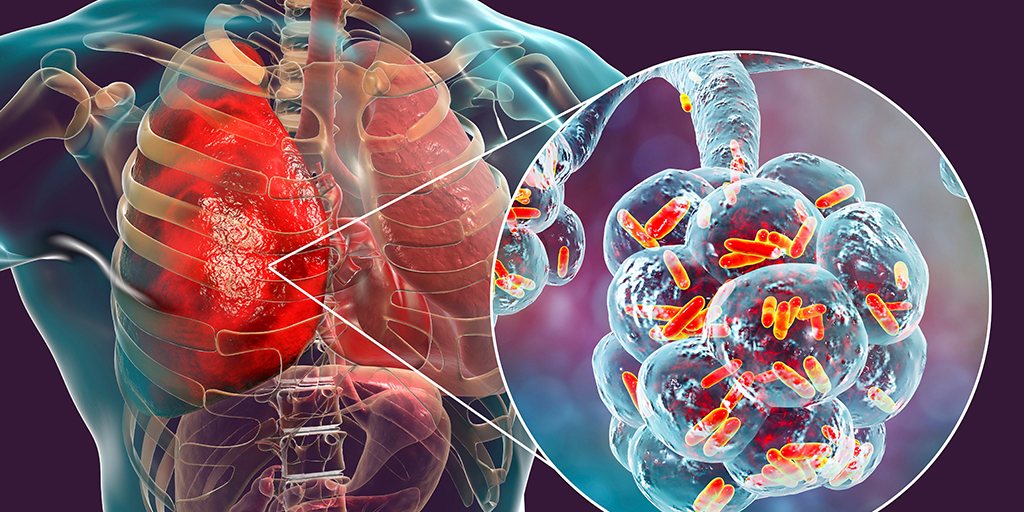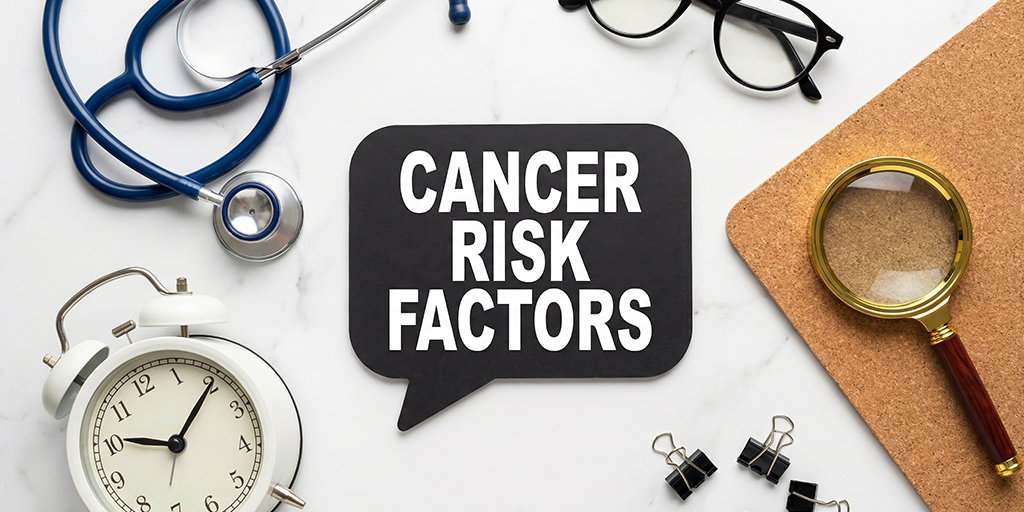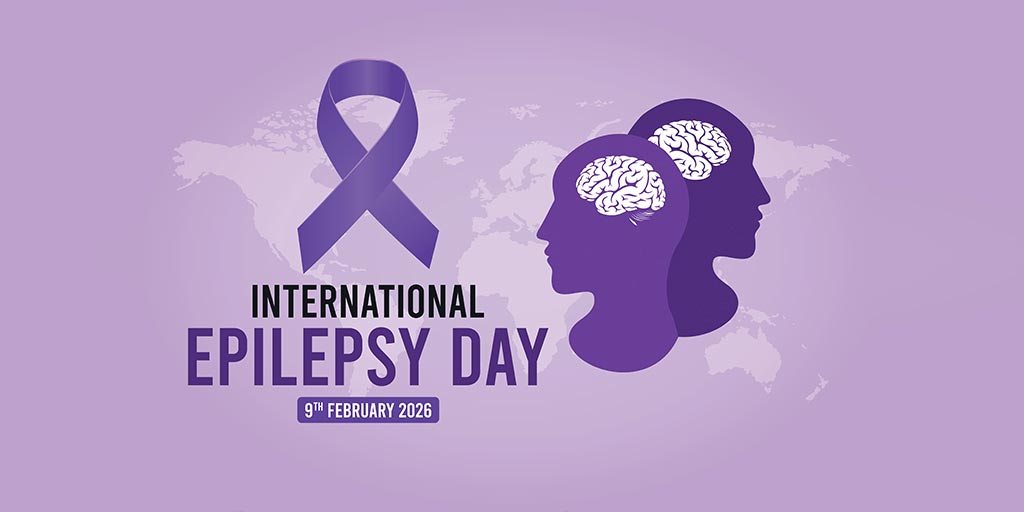Parkinson’s disease is a progressive neurological condition that primarily affects the movements of a person. It occurs when nerve cells in the brain that produce dopamine begin to break down, leading to tremors, stiffness, slowness of movement, and balance difficulties. While there is no cure, timely diagnosis and comprehensive management can significantly improve quality of life. At Graphic Era Hospital, the Department of Neurosciences, composed of highly experienced Neurologists and Neurosurgeons; offers expert care for Parkinson’s disease and related movement disorders. With advanced diagnostics, personalised medication plans, and dedicated neuro-rehabilitation support, our multidisciplinary team works closely with each patient to slow progression, reduce complications, and support independence at every stage of the condition.
When to seek Parkinson’s Screening and Consultation?
Parkinson’s disease symptoms often develop gradually and may be mistaken for signs of ageing. Early recognition and evaluation by a specialist are key to slowing progression and improving daily functioning. Seek medical attention if you notice the following signs:

- Shaking or tremors in hands, arms, legs, or jaw, especially while at rest
- Slowness of movement (bradykinesia) affecting walking or general mobility
- Muscle stiffness or rigidity that limits range of motion
- Balance problems or frequent falls
- Small, cramped handwriting (micrographia)
- Soft, slurred, or monotonous speech
- Reduced facial expressions or blinking (masked face)
- Stooped posture and shuffling gait
- Difficulty performing fine motor tasks like buttoning a shirt
- Mood changes such as depression or anxiety
- Urinary disturbances related to control
Things to Know Before Starting Parkinson’s Disease Treatment
Parkinson’s disease requires long-term, individualised care that evolves with the condition. Before beginning treatment, here are some important points to consider:- Parkinson’s is a chronic, progressive disease, for which the treatment focuses on managing symptoms, not curing the condition
- Early intervention can preserve mobility and delay disability
- Medication regimens must be adjusted over time to maintain effectiveness
- Regular follow-ups with a neurologist are essential for monitoring progression
- Physical therapy helps maintain strength, flexibility, and balance
- Mental health may be affected; support for depression and anxiety is important
- Parkinson’s symptoms vary from person to person; therefore, there’s no one-size-fits-all plan
- Assistive devices may be helpful in later stages to maintain independence
- Accurate diagnosis is crucial, as some Parkinsonism cases may be due to other causes
Parkinson’s Disease Treatments Available at Graphic Era Hospital
Treatment for Parkinson’s disease at Graphic Era Hospital focuses on medically managing symptoms, improving motor function, and slowing disease progression. Our neurologists tailor each treatment plan to the individual, based on stage, symptom severity, and patient goals.
- Medication Management: Includes Levodopa, dopamine agonists, MAO-B inhibitors, and COMT inhibitors to restore dopamine levels and manage motor symptoms such as tremors and stiffness.
- Advanced Pharmacological Planning: Regular dose adjustments and combination therapies for patients who develop fluctuations or reduced response over time.
- Electrophysiological Diagnostics: EMG, EEG, and nerve conduction studies to evaluate motor pathways, detect complications, and differentiate Parkinson’s from other movement disorders.
- Neuropsychiatric Evaluation and Treatment: Clinical management of Parkinson’s-related depression, anxiety, hallucinations, and mild cognitive impairment through medical and psychological interventions.
- Differential Diagnosis and Parkinsonism Evaluation: Expert assessment to distinguish idiopathic Parkinson’s disease from atypical Parkinsonism and secondary causes, ensuring accurate and targeted therapy.
- Referral for Advanced Interventions: For patients with refractory symptoms, we coordinate referrals for advanced treatments such as deep brain stimulation - DBS.
Why Choose Graphic Era Hospital for Parkinson’s Disease Treatment?

Holistic Parkinson’s Care at Graphic Era Hospital
Focus on the broader care experience rather than individual services:
Continuity of Care and Stage-Based Planning
- Structured follow-up protocols to adjust care as the disease progresses
- Early to late-stage planning including home-based support and care transitions
- Monitoring of both motor and non-motor symptoms throughout the patient journey
Multidisciplinary Collaboration
- Close coordination between neurologists, neuropsychiatrists, rehabilitation specialists, and psychologists
- Unified care planning across therapy, medication, and mental health
- Regular team reviews for complex or deteriorating cases
Patient and Caregiver Empowerment
- Focused education to help families recognise worsening symptoms early
- Counselling sessions to build coping skills, manage expectations, and reduce anxiety
- Practical advice for managing activities of daily living (ADLs) at home
Supportive Environment for Daily Functioning
- Recommendations for environment modifications for safety (bathroom rails, walking aids)
- Guidance on managing fatigue, sleep hygiene, and nutrition
- Training on use of tools/apps for medication reminders and symptom tracking
Top Parkinson’s Disease Treatments Available at Graphic Era Hospital
Graphic Era Hospital offers a wide range of proven therapies and interventions for Parkinson’s disease. Key treatments include:
- Levodopa and other dopaminergic medications
- Neurorehabilitation and physiotherapy
- Speech and occupational therapy
- Electrophysiological testing (EEG, EMG, NCS)
- Neuropsychiatric evaluation and support
- Advanced surgical treatment planning for Parkinsonism- DBS
Top Procedures
- Electroencephalogram (EEG)
- Nerve Conduction Study (NCS)
- Electromyography (EMG)
- Evoked Potential Tests
- Lumbar Puncture (Spinal Tap)
- Video EEG Monitoring
- Transcranial Magnetic Stimulation (TMS)
- Autonomic Nervous System Testing
- Cerebral Angiography
- Carotid Doppler Ultrasound
- Neuropsychological Testing
- Intravenous Immunoglobulin (IVIG) Therapy
Blog
Frequently Asked Questions
What is Parkinson’s disease and how is it different from Parkinsonism?
Parkinson’s disease is a progressive movement disorder caused by dopamine deficiency in the brain. Parkinsonism refers to a group of conditions that share similar symptoms, such as tremors and stiffness, but may have different causes and treatment approaches.
What are the common symptoms of Parkinson’s disease?
Parkinson’s disease symptoms include tremors, slowness of movement, muscle stiffness, balance issues, and changes in speech. Non-motor symptoms such as mood swings and sleep disturbances can also occur.
What causes Parkinson’s disease?
The exact causes of Parkinson’s disease are not fully understood. However, a combination of genetic mutations, environmental triggers, and age-related changes in the brain are believed to contribute to the condition.
What are the stages of Parkinson’s disease?
Parkinson’s typically progresses through five stages, starting with mild symptoms like tremors and evolving into more advanced stages involving mobility loss, cognitive decline, and full-time care requirements.
Where can I find the best neurologist in Dehradun for Parkinson’s disease treatment?
Graphic Era Hospital offers specialised Parkinson’s disease treatment under the Department of Neurology. Our Parkinson’s specialists provide expert care using the latest medication, PD treatment protocols, and long-term Parkinson’s disease management plans.
How are Parkinson’s tremors different from symptoms of Alzheimer’s?
Parkinson’s tremor usually begins at rest and is rhythmic, while Alzheimer’s disease is primarily a cognitive disorder without consistent tremors. Parkinson’s affects motor function, whereas Alzheimer’s impacts memory and thinking skills.
What medications are used for Parkinson’s disease?
Parkinson’s disease medication typically includes Levodopa, dopamine agonists, MAO-B inhibitors, and other drugs aimed at restoring dopamine balance and improving movement control.
Are there different types of Parkinson’s disease?
Parkinson’s disease may be categorised into idiopathic PD (most common), secondary Parkinsonism (due to medication or trauma), and atypical Parkinsonian syndromes such as Multiple System Atrophy or Progressive Supranuclear Palsy.











